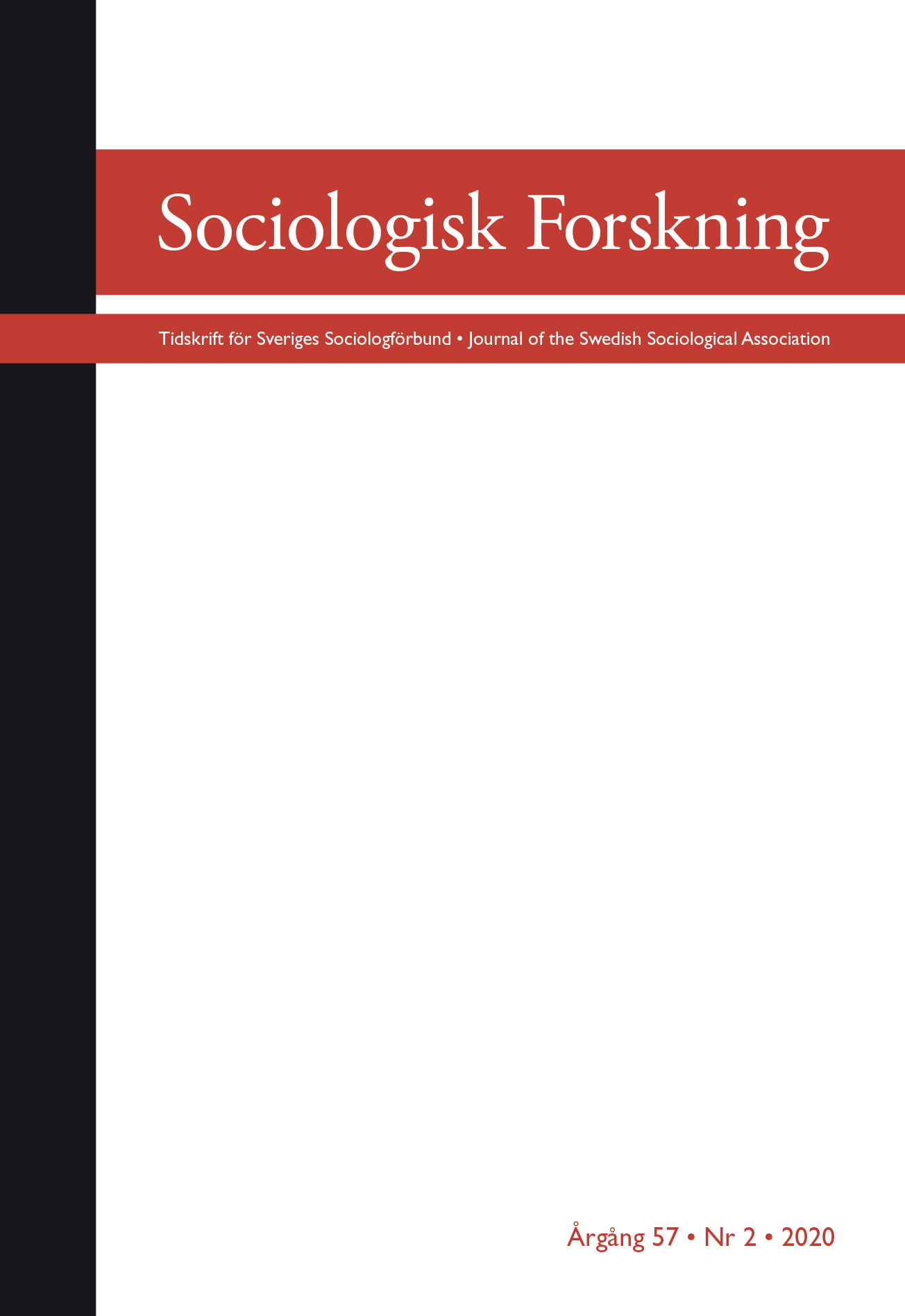Chess and social interaction
Dag Østerberg, Johan Asplund, and the board
DOI:
https://doi.org/10.37062/sf.57.19586Keywords:
game, play, social psychology, sociology, tertius, theoryAbstract
What can a theory of chess learn from sociology? And what can sociology learn from chess? This article examines the contribution of Scandinavian sociologists Dag Østerberg and Johan Asplund on chess and sociology in order to better understand chess and, to some degree, the sociologies of Østerberg and Asplund. Developing the concept of tertius as a necessary third quasi actor mediating between ego and alter, the article also contributes to a general sociological theory of games. The game is analysed as a form of interaction where each player plays (i) with tertius against the opponent, and (ii) with the opponent against tertius. The article ends by arguing that tertius could be a valuable concept for sociological theory.
Downloads
Published
How to Cite
Issue
Section
License
All content in Sociologisk Forskning is published with immediate open access, under the Creative Commons license CC BY-NC-ND 4.0.
All content may be read, downloaded, shared and printed for non-commercial purposes, free and without fees. Contents may not be altered. When content is reused, author, source and a link to the copyright licence must be provided. The author retains copyright to their content. No publication fees are charged.





